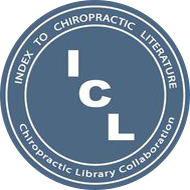Objective: The aim of this study was to investigate the ability of people with low back pain (LBP) to modify the pattern of lumbopelvic rotation (LPR) when actively moving their lower limbs in sitting.
Methods: In this repeated-measures study in 38 men with chronic mechanical LBP (mean age, 38.4 ± 10.6 years), the timing and magnitude of LPR were investigated before and during the contraction of abdominal muscles during active knee extension while sitting. The kinematic data were collected using a motion-capture system, and OpenSim software was used for data analysis. The time difference between the start of knee extension and the start of LPR was measured and then adjusted to the movement time of the knee. The maximum LPR angle was also measured.
Results: Participants increased the time difference between the start of knee extension and the start of LPR when contracting the abdominal muscles (P < .01). Before and during contraction of abdominal muscles, however, there were no differences in maximum LPR.
Conclusion: People with LBP are able to modify early lumbopelvic motion during active lower limb movement while sitting. This may reduce the frequency of lumbopelvic motion during activities of daily living in sitting in these people.
Author Keywords: Low Back Pain; Movement;Range of Motion, Articular; Rotation; Sitting Position
This abstract is reproduced with the permission of the publisher; click on the above link for free full text. PubMed Record | PDF
|
